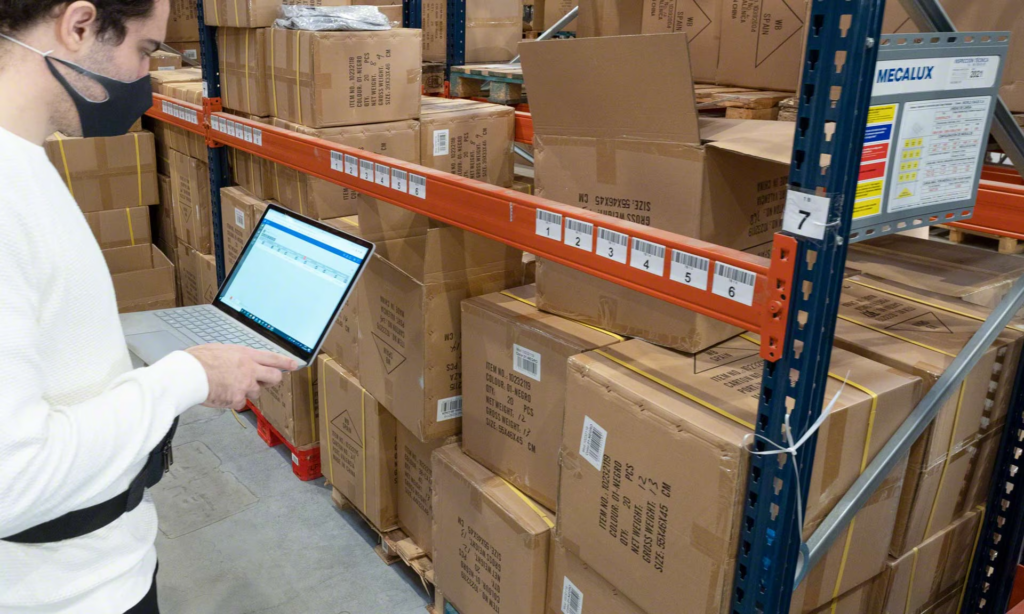Enterprise Resource Planning systems have become a cornerstone for businesses worldwide, and Malaysian Small and Medium Enterprises (SMEs) are no exception. As businesses grow and expand, managing various operations such as accounting, inventory, sales, and human resources can become increasingly complex. ERP systems help streamline these processes, ensuring that businesses remain efficient, competitive, and scalable. In this article, we explore why ERP systems are essential for the growth of Malaysian SMEs and how adopting solutions like cloud ERP systems can bring significant benefits.

Streamlining Business Processes with ERP Solutions
At its core, an ERP system is a suite of integrated applications designed to help businesses manage critical functions. From financials to operations, an ERP system consolidates all data into a single platform, enabling better decision-making and improved operational efficiency. For SMEs in Malaysia, the top benefit of ERP software is that it reduces the need for disparate systems, allowing different departments (finance, sales, HR) to collaborate seamlessly.
The Importance of Cloud ERP Systems for SMEs
Cloud ERP systems are particularly beneficial for Malaysian SMEs looking to scale their operations. Traditional on-premise ERP systems can be costly and require significant infrastructure investment. In contrast, cloud-based ERP solutions, such as Oracle NetSuite, offer a flexible, cost-effective alternative. These solutions allow businesses to access their ERP software from anywhere, at any time, as long as there is internet connectivity. Cloud ERP also eliminates the need for regular software updates and maintenance, as these are managed by the provider, which can help reduce overall IT costs.
Key Features of ERP Systems for Malaysian SMEs
When selecting an ERP solution, Malaysian SMEs need to ensure it aligns with their specific business needs. Features like inventory system integration and stock management systems are essential for businesses that deal with physical products. ERP solutions can help automate stock levels, track sales trends, and optimize warehouse operations, resulting in reduced waste and improved stock control.

Additionally, an ERP system that integrates with an HCM system or Human Capital Management System is crucial for SMEs managing a growing workforce. HCM systems automate employee data management, payroll, recruitment, and performance tracking, streamlining HR operations and helping businesses focus on growth rather than administrative tasks.
The Role of ERP in Financial Management
Financial management is one of the top reasons Malaysian SMEs turn to Oracle ERP software and other similar solutions. With integrated accounting tools, ERP systems help ensure that financial data is accurate and readily available for reporting. Automation of financial processes, such as invoicing, tax calculations, and budgeting, not only saves time but also reduces the likelihood of errors. With real-time access to financial data, businesses can make more informed decisions about cash flow, expenses, and profitability.
ERP Solutions for Enhanced Decision-Making
One of the key advantages of implementing ERP systems is enhanced data analysis and reporting. With everything integrated into one system, businesses can generate real-time reports on various functions such as sales, inventory, HR, and finance. This gives SMEs in Malaysia a 360-degree view of their business performance and allows them to make data-driven decisions.

Choosing the Right ERP Provider
When selecting an ERP provider, Malaysian SMEs need to consider several factors such as pricing, scalability, and features. Oracle NetSuite, for example, offers a range of features designed for growing businesses, including advanced analytics, inventory management, and financial tools. It’s a provider that caters to the needs of SMEs looking for comprehensive ERP solutions.
Additionally, businesses should ensure the ERP system they choose is scalable. As their company grows, the ERP software should be able to accommodate new users, processes, and data volumes without requiring a complete system overhaul.
The Path to Success with ERP Systems
In today’s competitive landscape, ERP systems have become an essential tool for businesses looking to streamline operations, reduce costs, and scale efficiently. For Malaysian SMEs, adopting a comprehensive ERP solution like Oracle ERP software or cloud-based options like Oracle NetSuite offers the flexibility, functionality, and ease of use necessary for long-term growth. By choosing the right provider and features, SMEs can drive business success and remain competitive in an ever-evolving marketplace.
